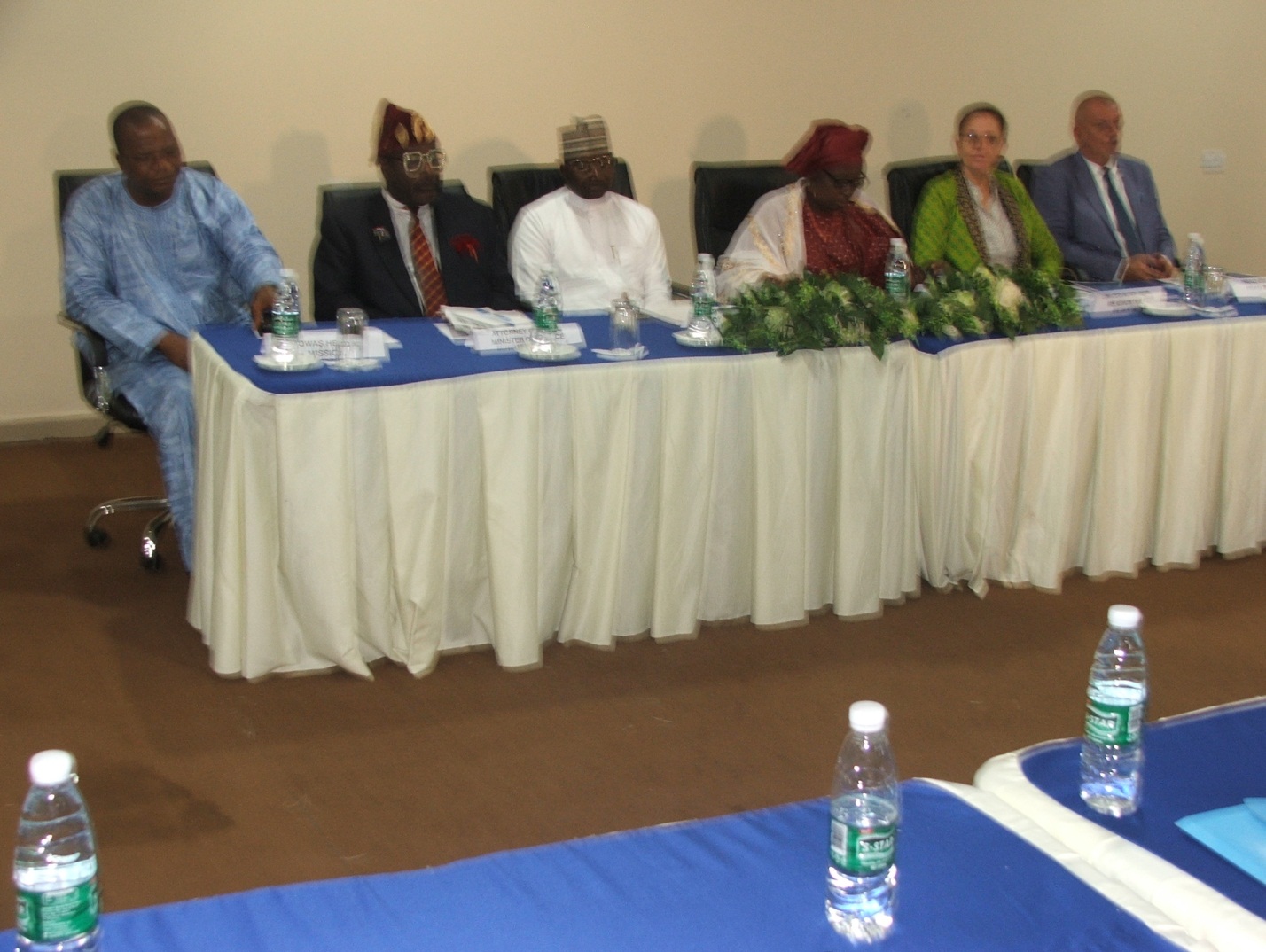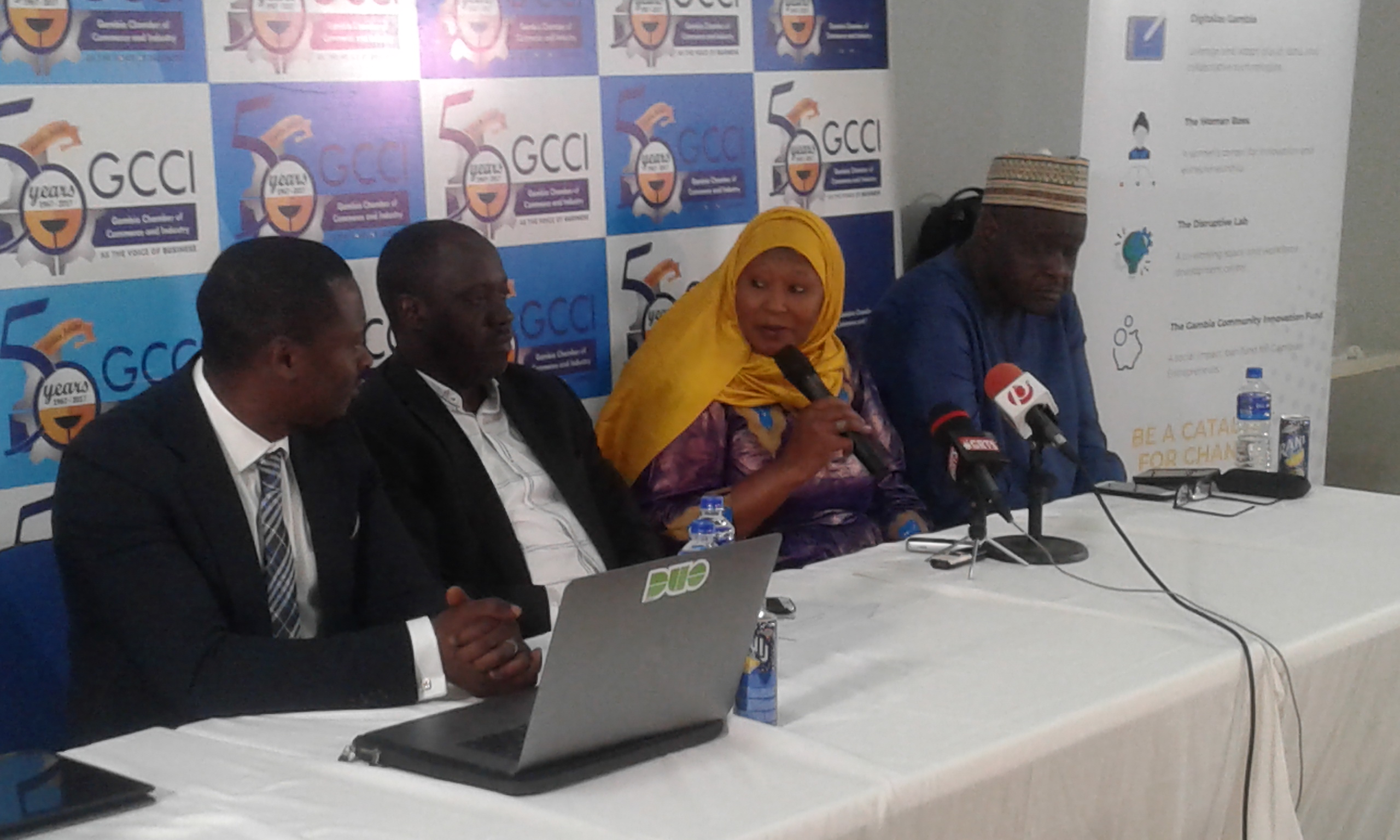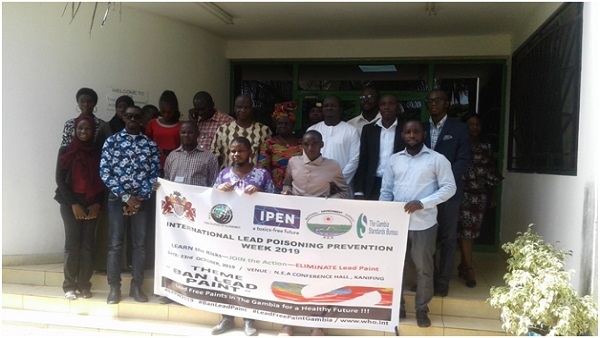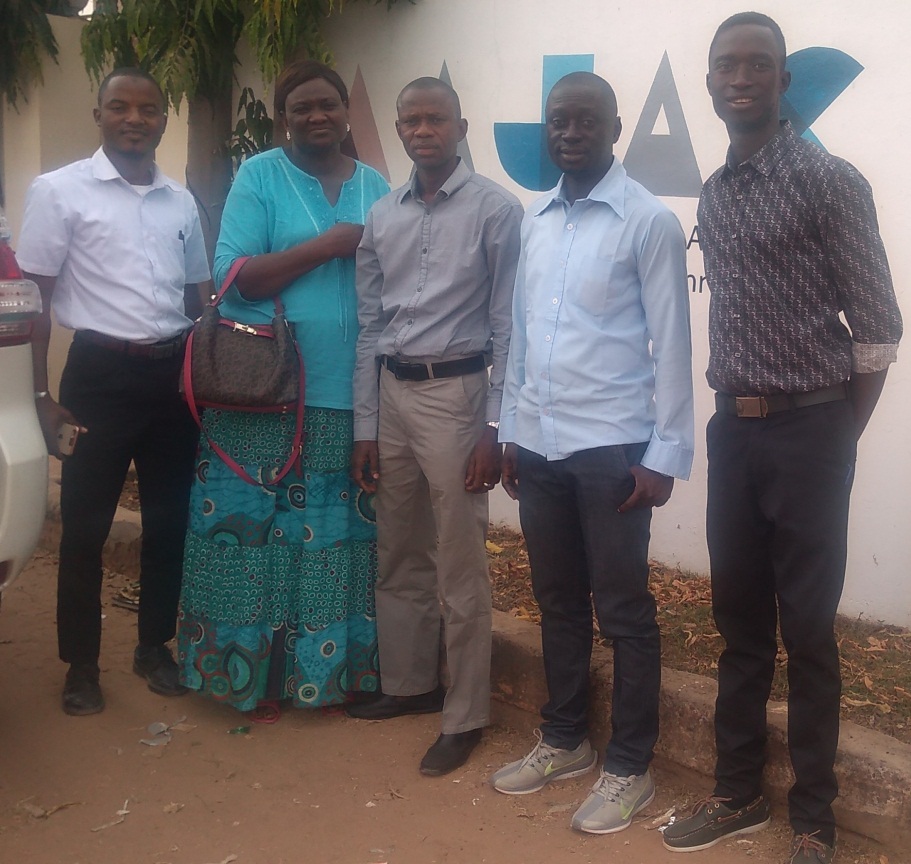By: Sulayman Waan
The Security Sector Reform committee on Friday July 12 graduated 43 security personnel and women bureau officials on gender mainstreaming; held at Ocean Bay Hotel from July 10-12.
The final phase of the gender SSR training means to equip the participants with the require knowledge on gender mainstreaming so as to help in implementing gender equity in the ongoing security sector reform.
In her keynote address, Fatou Kinneh, Minister of Women, Children and Social Welfare said security institutions around the world are mainly dominated by men while stating that adding more women in the security institutions to obtain gender parity will lead to increase solutions for women’ participation.
“However, simply increasing the number of women doesn’t comprehensively reform the security sector in a way that eliminate genders bias or build sustainable effective security institutions that protects the entire population equally,” she said.
She described SSR as a process of strengthening justice and security institutions to become more effective, accountable and responsive to the security needs of the entire masses.
“Security institutions must begin incorporate gender concerns into the fabric and culture of their standard operating procedures. This also means comprehensive capacity building and training of security personnel; this has being happening since March.
“But this not to say that gender balance security institutions are unimportant. On the contrary women in the security are critical in enhancing institutional capacity to be more responsive to the entire population,” she noted.
Mai Amat Fatty, Presidential adviser on governance and policy said the forum aimed at establishing subject matter experts within the security institutions to enable gradual development gender responsive specialists in support of implement the SSR agenda.
“The Gambia government is determined to promote gender equity, equality and empowerment of women and girls to sustain the socio economic development,” he said.
He added: “research has shown that the integration of genders issues into SSR process is mandate by international and regional laws and instruments to enhance local ownership effective service delivery and oversight accountability.
Is only through a concerted efforts and team work that the country can holistically address genders issues that is affecting our (Gambian) institutions and the society at large, he noted.
He said the graduates have learned valuable knowledge on gender mainstream to effect gender friendly reforms in policies, programmes and actions grantee fair play also equal participation of men and women in decision making process including highest level of governance.
Fatty urged the participants to share the knowledge gained with their fellows so as bring measure in preventing human rights violations to create efficient, accountable and participatory security sector.
Representing UN resident coordinator, Ms Sandra Lattouf, UNICEF resident representative commended the government for its commitment in the SSR processes, saying the government is conscious of the challenges involve in SSR and has demonstrated commitment to overcome the challenges.
“The UN believes the new gender skills acquired will be helpful in supporting the SSR process by enhancing the empowerment of women across the security service,” she said.
Speaking on behalf of the Justice minister cum chairperson for SSR sterling committee Dr. Hendr Caroyol, lecturer at the UTG said: “national security is of paramount because without it there can’t be any meaningful social or political development. Everything has to be in order and without security there is lawlessness.”




